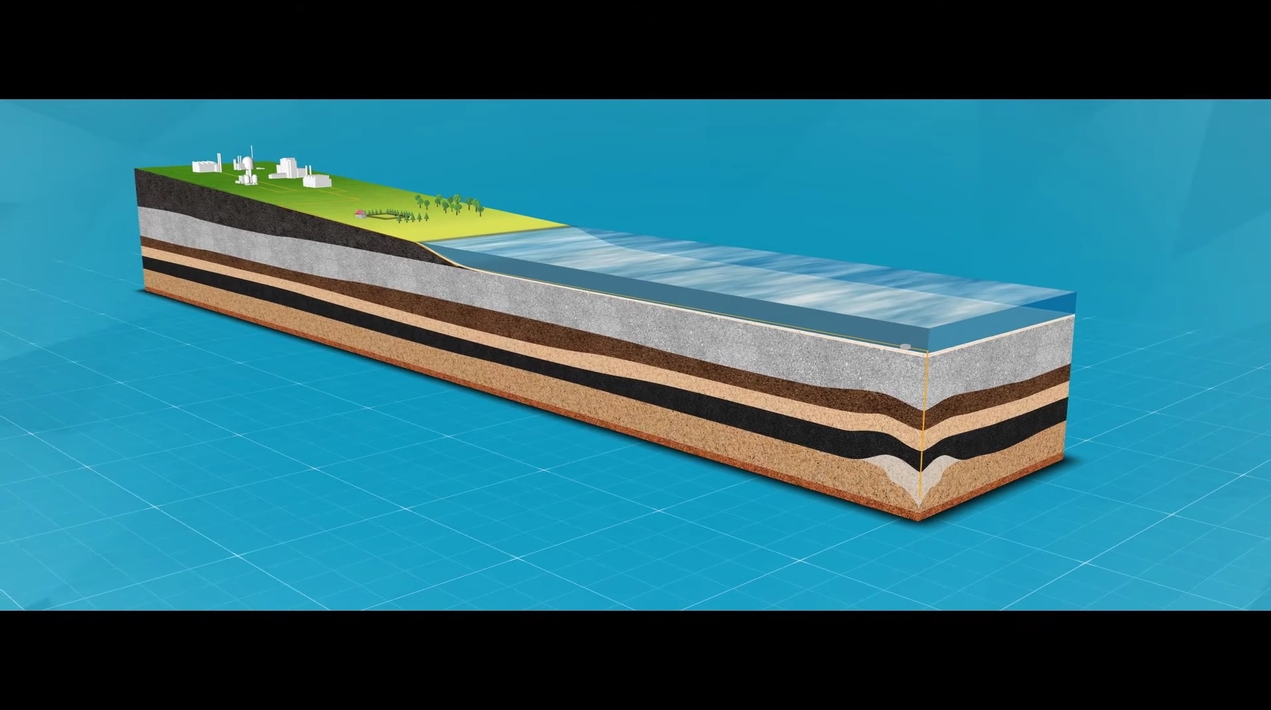
The Labor Government in Victoria is supporting a key emissions reduction project that will contribute to achieving the goal of net-zero by 2050 and bring new jobs to Gippsland. Victoria’s Minister for Resources this week signed a contribution agreement with a Japanese corporation which will see the resources company provide funding support to the Labor Government’s CarbonNet project.
As part of the agreement, the corporation will contribute in an advisory role to CarbonNet’s front end engineering design (FEED), which is a critical undertaking as the project progresses to regulatory and environmental assessments later in 2022. The agreement will not only reduce the state’s expected total expenditure on CarbonNet, but also strengthen relationships between Victoria and Japan.
The CarbonNet project will underpin commercial hydrogen production by storing carbon dioxide (CO2) underground, reducing this greenhouse gas in the atmosphere. It is the most technically advanced carbon capture and storage (CCS) hub being developed in Australia and stands apart for its potential to capture emissions from multiple sites. The Labor Government has been collaborating with the Japanese corporation for several years to build a shared understanding of the benefits of CCS.
Capturing, transporting and storing emissions underground can enable the decarbonisation of current and future industries such as hydrogen production, fertiliser, bioenergy and natural gas. Another Japanese partnership has already enabled hydrogen to be produced at the Hydrogen Energy Supply Chain trial site in the Latrobe Valley.
A 2021 report produced by the Australian branch of a UK-based multinational professional services network estimates that the new industries CarbonNet may deliver up to 3,000 construction jobs from 2026 and then up to 1,000 ongoing operational jobs from 2030.
More on the CarbonNet project
The CarbonNet Project is working towards establishing a commercial scale Carbon Capture and Storage (CCS) network in Gippsland, Victoria. The project aims to advance the science and viability of Carbon Capture and Storage (CCS) at a commercial scale through field investigations at the project’s Pelican site in Bass Strait, off the South East coast of Australia.
As CarbonNet proceeds to commercialisation, it aims to secure a low emissions future for Victoria through the decarbonisation of industries such as hydrogen and fertiliser production, while boosting jobs and increasing investment into the State. CarbonNet is funded by the Victorian and Commonwealth governments.
The Carbon Capture & Storage market is expected to exhibit a CAGR of 25.96% forecast by 2026. The research provides a measured analysis of the Carbon Capture & Storage market and describes significant opportunities for exceptional industries, suppliers, organisations, and associations.
Based on the demand, revenue, sales, product makers, and service providers, the research provides unique facts on primary market competitors and emerging businesses with large market shares. The study enfolds the inhibiting factors and impact of covid-19 shaping the Carbon Capture & Storage market. The observations regarding the effect and influence of COVID-19 on the market are integrated into the report.
Victoria’s Minister for Resources stated that partnerships like this are important to advance technologies that can help the region lower emissions and create jobs for the future. The opportunities for the CarbonNet project are exciting and the Minister is pleased this contribution agreement with the Japanese corporation will continue to support the ongoing development of CCS happening in Victoria.
The Member for Eastern Victoria stated that as the large-scale transition continues in Gippsland and across the energy sector, projects like this will play an important role in creating jobs and generating the sustainable energy that is needed as the local population grows.
















